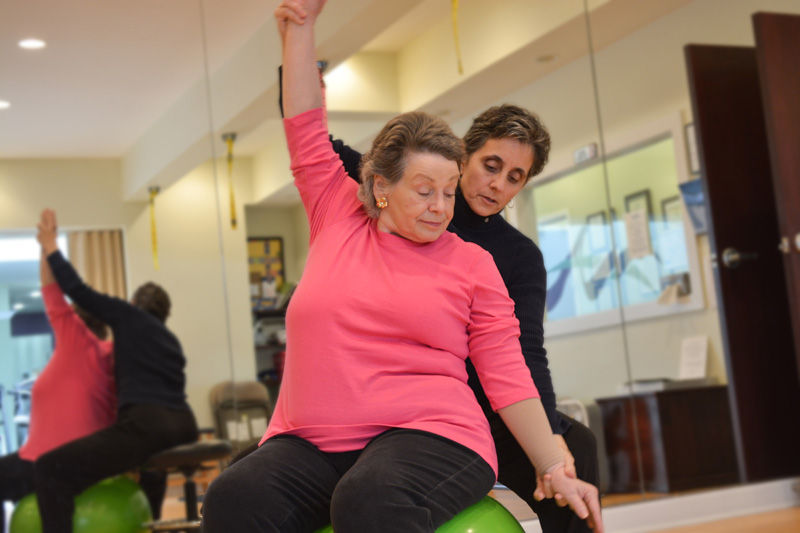How Singapore's Breast Cancer Rehabilitation Centers Are Addressing Long-Term Survivorship Challenges
- silverwoodchris98
- Sep 20, 2024
- 3 min read
Breast Cancer is a leading killer ailment that afflicts millions of women around the world. With the continual advancement in technologies and treatment plans, the deaths in Singapore are reducing and thus the concentration now is on the quality of life of those who are living with cancer. A reliable breast cancer rehabilitation center in Singapore is thus very instrumental in this shift by trying to tackle the complex issues that breast cancer survivors go through.
Breast Cancer Rehabilitation: An Overview
Breast cancer rehabilitation Singapore provides programs that are physical and psychological supporting the survivors after surgery. These places are not only centered on the cure of cancer but on the treatment process of the patients. The purpose is to support survivors in rebuilding their physical strength, social and/or economic self-sufficiency psychological well-being, etc.
Persistent and individualized rehabilitative interventions is one among the important aspects of this care. This includes dealing with limb disabilities that may arise from surgery for example lymphedema and restricted movements. Specific interventions and activities are administered at the breast cancer rehabilitation facilities where the functions of the body are restored and improved.
Post Surgical Rehabilitation Singapore: A Vital Component
Post surgical rehabilitation Singapore is crucial to deal with the side of operations as well as other treatments. Common long-term effects include pain, physical disability, and disfigurement. These issues are well addressed by specialized rehabilitation programs, in one way or another, through certain therapeutic practices and structures.
Practitioners spend time with a client to identify the right set of exercises, that can be done by the client to increase the chances of recovery, without worsening the situation. These regimens are necessary for the preservation of muscle strength, flexibility, and functionality. However, apart from practicing physical therapy, there is counseling to enable survivors to deal with the emotional effects of the journey.
Addressing Psychological and Emotional Needs
Prolonged survival also has emotional effects on the patient. The psychological impact of breast cancer can be profound, affecting self-esteem and mental health. Rehabilitation centers in Singapore recognize this aspect and offer counseling and support groups as part of their comprehensive care model.
Self-help groups allow people to talk about all that they went through, what they learned and also to have friends and families they never had before. Mental health counseling aims to assist persons to support them in this emotional process to provide ways to handle stress, anxiety, and depression. This is to facilitate adequate and comprehensive mental and emotional well-being of survivors who need such support in their process of healing.
Innovative Approaches and Future Directions
Breast Cancer Rehabilitation Singapore is still developing and they will adopt newer knowledge in the practice. Advancements in therapy, technology, and research enhance the delivery of highly customized rehabilitation programs. Centers are paying more attention to applying co-disciplinary programs, including oncologists, physiotherapists, psychologists, and others.
In addition, there is an increased focus on early detection, prevention, and public health-related education. The centers ensure that these survivors get information on their self-care and wellness and this enhances their survivorship journey.
Conclusion
There has been tremendous development in breast cancer rehabilitation Singapore in terms of meeting the long-term needs of the survivors. From effective comprehensive care, patient-specific rehabilitation, as well as creative solutions, these centers are making patients’ lives better, even if the latter were diagnosed with breast cancer and won the battle.
This is where Post Surgical Rehabilitation Singapore comes in to ensure that these people will receive the assistance that will enable them to live productive lives once again. But with growth and development, the struggle to offer the best survivorship care to each patient, making them feel valued must never end as they continue their fight for their lives.


Comments